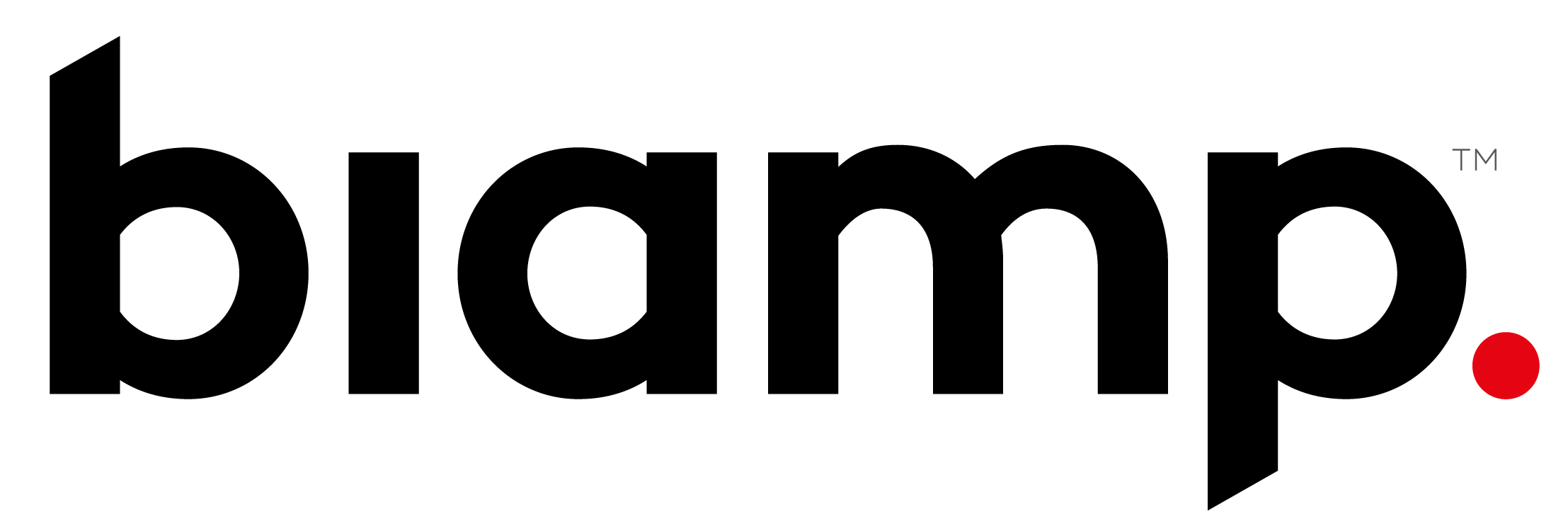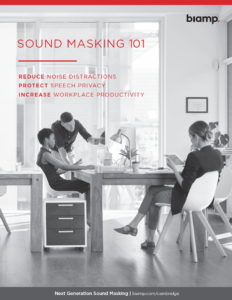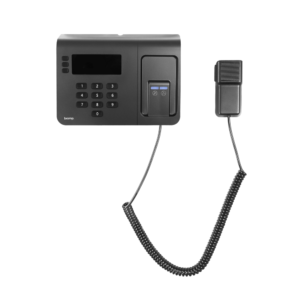Finance
Sound Masking in Financial Environments
Under the Gramm-Leach-Bliley Act (GLBA), financial firms, such as retail banks, call centers, and board rooms, have a responsibility to safeguard their clients’ personal financial information and help prevent pretexting. Pretexting is the practice of getting another individual’s personal information, under false pretenses, to get credit in the victim’s name or steal their assets. Many firms have established effective security measures to protect the data stored on their servers but overlook the need to safeguard client information fully during its collection and use.
A sound masking system by Cambridge Sound Management in financial environments accomplishes both speech privacy and security needs at all client sites by adding a low-level unobtrusive background sound specifically engineered to protect the confidentiality and reduce the intelligibility of speech.
” Their solution is straightforward and effective. I wouldn’t open a call center without it.”
– Edward Klemm, Vice President, National Helpline
Read more Finance Case Studies
Industry Challenges
- Firms are required to protect their client’s personal financial information.
- $6.2 billion: Total losses in the United States from personal information theft and pretexting. $13,160: The average loss for each victim of personal financial information theft.
- Firms across the United States are responsible for client losses from mistakes due to employee distraction.
Applications
- Open Offices
- Private Offices and Conference Rooms
- Call Centers
- Retail Branches
- Customer Success Stories
Challenges
- An increase in operating costs has led businesses to maximize existing space, leading to more employees in the same workspace.
- With smaller workstation footprints, noise levels increase significantly and worker speech privacy decreases.
- Cubicle wall heights have dropped significantly to enable better worker collaboration and provide a more open environment.
- Most worker mistakes and lower individual productivity can be attributed to workplace distractions such as overheard conversations.
Cambridge Sound Management sound masking systems
- Improve worker performance resulting in fewer mistakes and miscalculations, thus safeguarding the firm against increases to its Errors and Omissions Insurance rate.
- Improve worker performance nearly 10% by reducing conversational distractions (per scientific research).
- Address the need for acoustic treatment outlined in upcoming LEED Commercial Interiors Certification. Also mitigates the acoustic issues created by windows to meet the LEED requirement for daylighting and views.
- Help with GLBA compliance.
Challenges
- To minimize construction costs, demountable walls are being installed which only extend up to the ceiling, not to the deck, allowing spillover of sound through the plenum into adjacent work areas.
- Workers expect a level of speech privacy in collaborative spaces, such as conference rooms, that is rarely accomplished with the construction techniques being used.
Cambridge Sound Management sound masking systems
- Reduce the firm’s risk of negligent disclosure.
- Cover sound that “spills” between adjacent work environments.
- Reduce the firm’s risk of negligent disclosure.
- Mask conversations in adjoining hallways from being distracting to conference room meeting participants.
- Mask conversations in conference rooms from being overheard in adjoining offices or hallways.
Challenges
- To reduce operating costs, many call center designs have their operators work in very close quarters, often 2 ft x 4 ft or 4 ft x 4 ft (61 cm x 61 cm or 122 cm x 122 cm) workstations, with low panels for easy visibility.
- Some call centers are designed without partitions to encourage consultation between operators to solve customer problems.
- Call centers are often impacted by every kind of noise distraction – from co-workers on the phone or having quick discussions to everyday office equipment or people movement.
Cambridge Sound Management sound masking systems
- Cover conversations to help mitigate distractions.
- Improve acoustical environment, which has been shown to help reduce turnover.
Challenges
- If the space is too quiet, customers feel uncomfortable providing sensitive information.
- There is a high possibility that client personal financial information can be overheard.
- Conversations in the lobby and at teller windows are distracting to employees in adjoining offices.
- Many banks have mandated that background music cannot be played in public spaces.
Cambridge Sound Management sound masking systems
- Reduce the intelligibility of speech, increasing customer privacy.
- Decrease conversational distractions for employees near the branch lobby or tellers.
Our financial customers are highly satisfied with the results of our Qt Quiet Technology sound masking systems. Learn more about their results in the following case studies.







